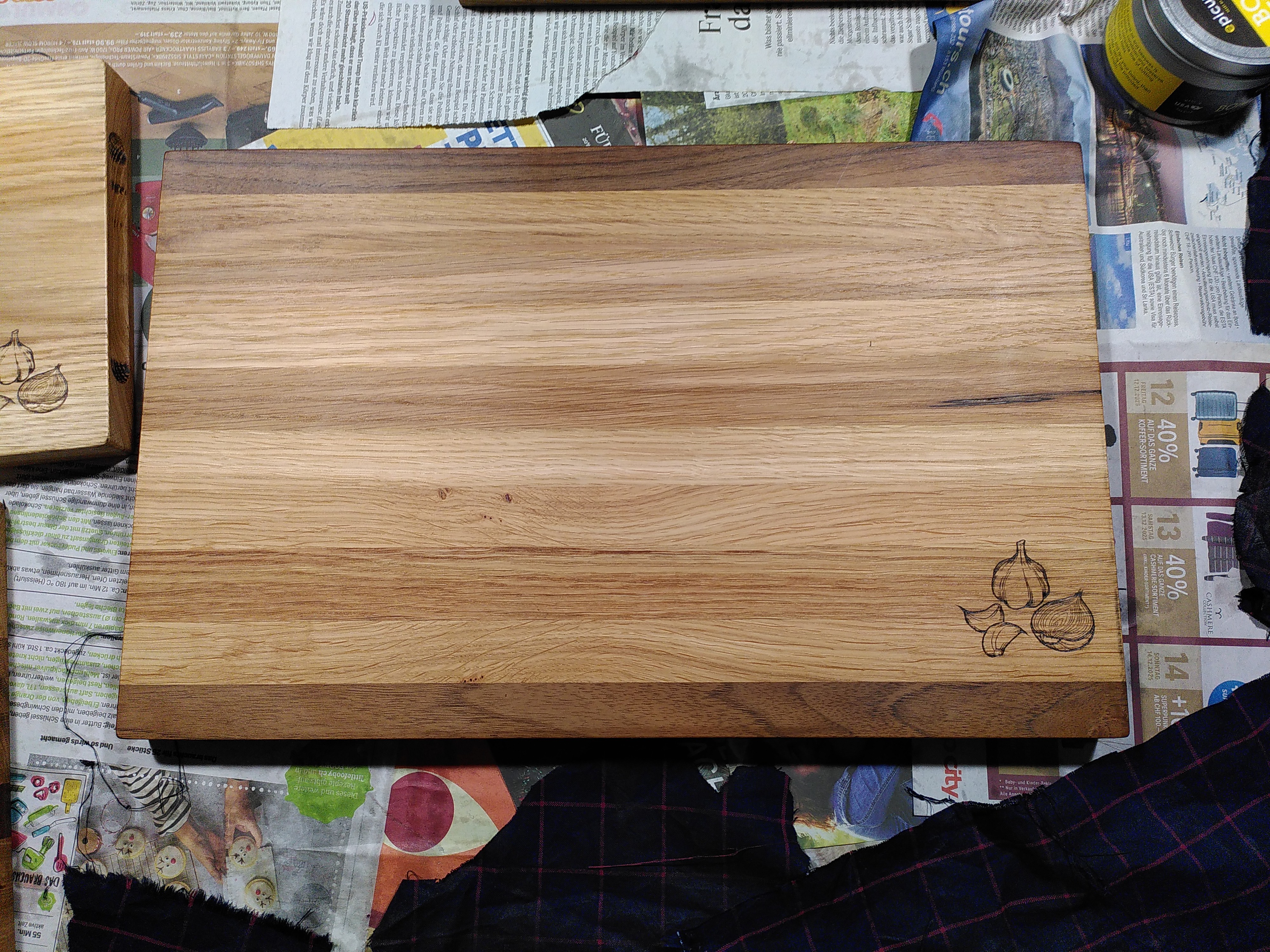

The issue is the ambuguity in what someone intends when they just say radiation. It is valid to call any electromagnetic wave radiation. However, as for health concerns, what matters is “ionizing radiation.” Microwaves are too low energy to be ionizing, so they don’t match what most people think of when they say radiation with the implication of ionizing.


The ridges of the weave in my pants sometimes produces a vibration that is similar frequency and intensity as my phone vibrate. It totally triggers the check the phone reflex even if it happens while my phone is in my hand.